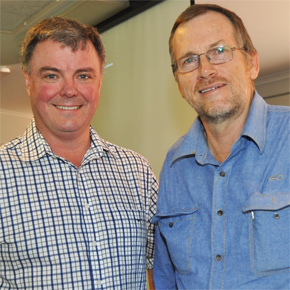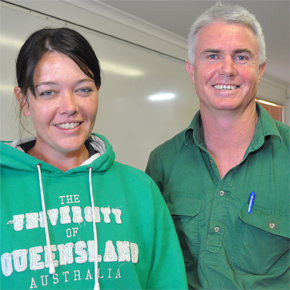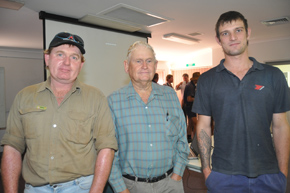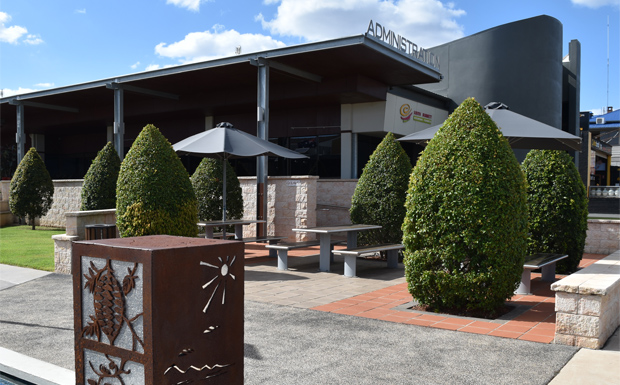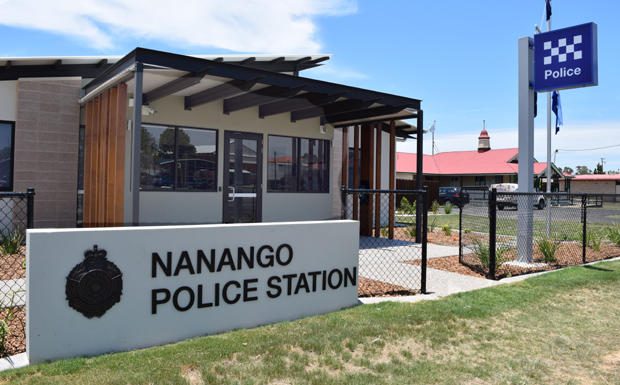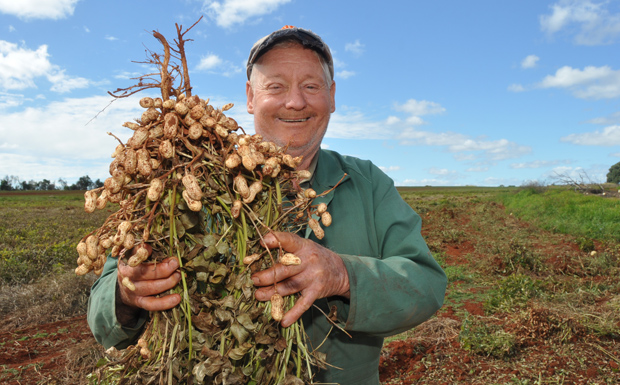
May 16, 2014
A new peanut variety released by the Australian Peanut Genetic Improvement Program last year – but only officially launched today – is offering growers a new high oleic, ultra-early option for dryland and irrigated operations.
Redvale, named after DAFF’s Redvale farm in Kingaroy, has very early maturity (110-120 days) to help growers avoid the end-of-season droughts which are so common in the South Burnett growing area.
It also has a high kernel yield, averaging 12 per cent higher than the current variety Tingoora.
Growers will also be happy because there are larger kernels, which will increase returns.
The “soft” launch for Redvale occurred at a Peanut Industry update for growers hosted by the Peanut Company of Australia today at the DAFF Research Station in Kingaroy.
Commercial quantities of Redvale seed are available.
As well as learning more about Redvale, growers also heard about other new varieties under development, but were warned that this was a very slow process which could take up to 12 years to bring to commercial release.
A variety that PCA peanut breeder Dr Graeme Wright is very keen about is D281-p40-236A (Kairi) which was originally bred by DPI plant breeder Alan Cruickshank but has been further developed in recent years.
“It looks to have very high and stable yields and enhanced foliar disease resistance, especially for net blotch,” Dr Wright said.
The growers also listened to talks by PhD candidates who are working on peanut projects at the research station.
Dan O’Connor is working on genetic screening of peanut varieties to identify the molecular markers for blanchability and net blotch resistance – highly valued traits in Australian peanuts.
Kylie Wenham is investigating a mystery soil-borne disease, neocosmosphora, which caused a 40 per cent crop loss at Ban Ban Springs and a greater than 50 per cent loss at Emerald in 2008. This disease has only caused issues in Australia although it has also been detected in soils in China and Thailand.
“All commercial peanut varieties are susceptible,” she said.
It is believed the outbreaks were linked to high soil moisture levels.
Growers then conducted field inspections of ultra-early and full-season breeding lines, new introductions from the United States and some of Dan O’Connor’s research for net blotch screening.
- Related article: Truce Declared In Peanut ‘War’
|
|
|
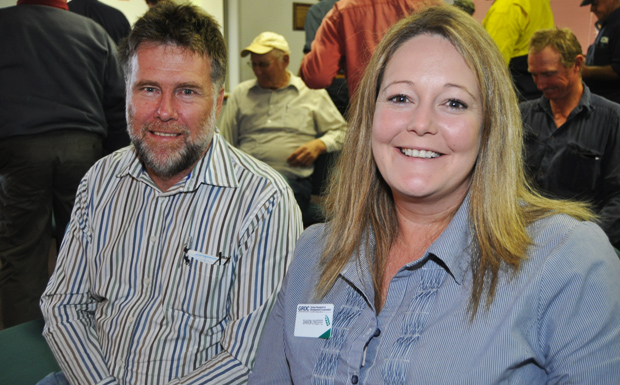
|
|
|






